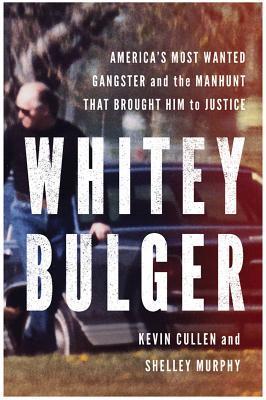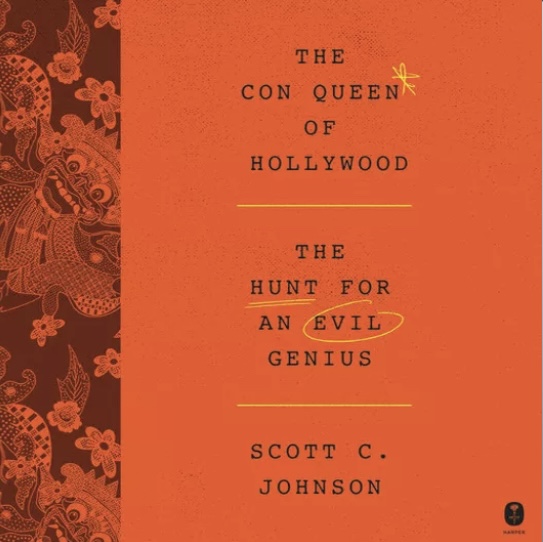
American Kingpin: The Epic Hunt for the Criminal Mastermind Behind the Silk Road
Book Description
A hidden online marketplace revolutionizes crime, and one mastermind is at the helm—the enigmatic Ross Ulbricht, the man behind the Silk Road. As law enforcement races against time, a gripping cat-and-mouse game unfolds in the dark corners of the internet. With millions in Bitcoin at stake, undercover agents and federal operatives must outsmart a digital genius skilled in evasion. It’s a world where anonymity reigns and consequences are lethal. Can the federal agents crack the code before his empire expands beyond control? The chase is on, but who will emerge victorious in this battle of wits and ambition?
Quick Book Summary
"American Kingpin" by Nick Bilton tells the riveting true story of Ross Ulbricht, a young libertarian who secretly built Silk Road, the world's largest online secret marketplace for drugs and illegal goods. Hidden within the dark web, Silk Road revolutionized illicit commerce using Bitcoin and anonymizing technology, attracting millions in illegal transactions. The book intricately details Ulbricht’s double life, his ambitious vision, and his growing paranoia as a coalition of law enforcement agents—ranging from the DEA to the IRS—dedicate years to tracking him down. Bilton reveals high-stakes undercover operations, betrayals, and the tremendous challenges of enforcing justice in the digital age. The relentless cat-and-mouse pursuit advances with clever technological tactics from both sides, culminating in a dramatic takedown that raises profound questions about privacy, ethics, and the limits of law enforcement in our interconnected world.
Summary of Key Ideas
Table of Contents
Rise of the Dark Web and Silk Road
The story begins with Ross Ulbricht, an intelligent and idealistic twenty-something driven by libertarian beliefs and a fascination with free markets. Frustrated by what he saw as government overreach, Ulbricht dreamed up Silk Road—a completely anonymous online marketplace, accessible only through the Tor browser, where people could buy and sell anything, particularly illegal drugs. Ulbricht, operating under the pseudonym "Dread Pirate Roberts," built this platform with cutting-edge cryptography and Bitcoin, soon transforming it into the world’s largest illegal bazaar.
Obsession, Paranoia, and Power
Ulbricht's growing criminal enterprise changed the landscape of crime by empowering buyers and sellers to operate anonymously from their homes. As Silk Road thrived, Ulbricht’s ambitions grew, and he began to justify increasingly risky and violent actions—such as commissioning hits on those he viewed as threats. Bilton delves into Ulbricht’s psychology, revealing how his obsession and paranoia escalated as the stakes rose, leading him to adopt elaborate security and deception tactics to maintain control and stay ahead of authorities.
The Tactics and Risks of Law Enforcement
Meanwhile, a diverse group of federal agents—many working independently at first—discovered Silk Road and realized the magnitude of its operations. These agents faced immense challenges: navigating the shadowy dark web, understanding Bitcoin transactions, and piecing together clues about Ulbricht’s identity. Some agents, like Jared Der-Yeghiayan from Homeland Security, worked methodically, while others bent the rules or engaged in corrupt practices, highlighting both the complexities and temptations of cyber-investigations.
Cat-and-Mouse: The Digital Pursuit
Bilton describes the escalating chess game between Ulbricht and law enforcement. Undercover agents infiltrated Silk Road as buyers and sellers, slowly unmasking the mastermind behind the curtain. Ulbricht, constantly on guard, became increasingly isolated and suspicious. Despite his digital savvy, he made small mistakes—such as using personal email addresses in early posts—that, when combined with dogged detective work, ultimately led to his downfall.
Justice, Ethics, and the Legacy of Silk Road
Ulbricht was finally arrested in a dramatic FBI sting at a public library, caught with his laptop open and all his secrets exposed. The case of Silk Road left a lasting imprint, raising critical questions about technology, privacy, and the role of law enforcement in an age of digital anonymity. Bilton’s account underscores the double-edged sword of the internet, where ideas of liberty and free markets can clash with legal and ethical boundaries, leaving society to grapple with unintended consequences long after the final arrest.
Download This Summary
Get a free PDF of this summary instantly — no email required.





